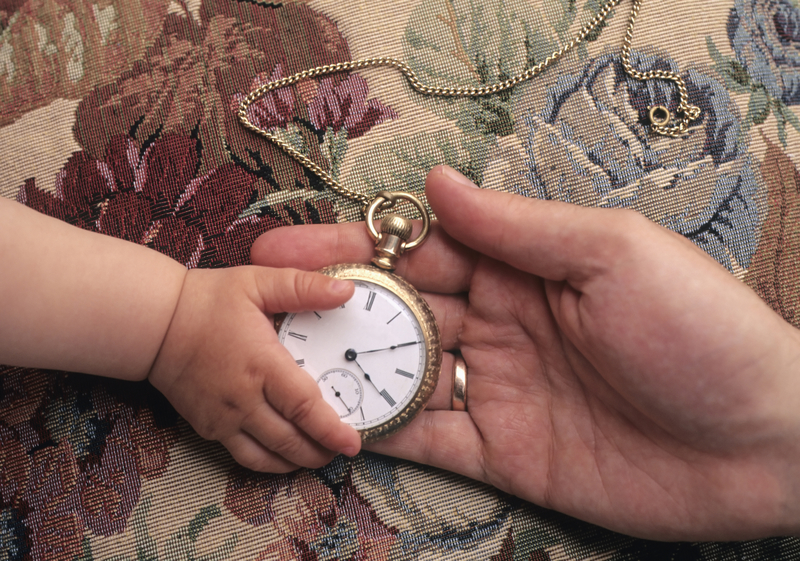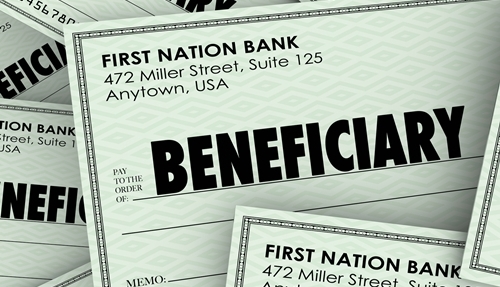Beating the NJ Inheritance Tax as a “Mutually Acknowledged Child”

Asserting rights as a beneficiary of an estate or trust involves due diligence designed to ensure that you receive exactly what you are entitled to. That process would not be complete without assurance that the applicable estate or inheritance taxes being paid are no more than the legal minimum.
As addressed in a previous blog post, the New Jersey Estate Tax has been repealed (for now) effective January 1, 2018, but New Jersey is one of a handful of states that still imposes an Inheritance Tax.
For many years, the Estate Tax applied to estates over $675,000 at a rate as high as 16%. The exemption increased to $2,000,000 in 2017 and effective January 1, 2018, the tax was repealed in its entirety (absent future legislative action to the contrary).
The Inheritance Tax, which was not repealed, applies to gifts to certain “non-exempt” beneficiaries. While the Estate Tax was not concerned with the identity of the beneficiary (other than, generally, a spouse or charity, transfers to whom were generally exempt from tax), the Inheritance Tax applies only to transfers to individuals other than a spouse, ancestor (i.e., parents, grandparents, etc.), or lineal descendants (children, grandchildren, etc.). When applicable, the tax is not insignificant: 11%-16% on transfers to siblings and in-laws and 15%-16% on transfers to everyone else. Plus, unlike the Estate Tax, the tax is imposed on the first dollar with no exemptions other than a $25,000 exemption for siblings and in-laws and an exemption for transfers of less $500.
For beneficiaries who do not qualify as natural born or adopted descendants, an often overlooked escape from the tax is the case of a “Mutually Acknowledged Child,” which the law treats as an exempt beneficiary, not subject to the tax, “any child to whom the decedent, for not less than ten years prior to the transfer, stood in the mutually acknowledged relationship of a parent, provided that such relationship began at or before the child’s fifteenth birthday and was continuous for ten years thereafter.” A typical example would be a relative, say an aunt or uncle, who takes in, but does not legally adopt a niece or nephew whose parents are deceased.
Qualifying for relief under this provision is not easy. It is a fact-intensive process conducted by the Transfer Inheritance and Estate Tax Branch of the New Jersey Division of Taxation. The key is not so much that the parent-child relationship is apparent to the public at large, but that it is “mutually acknowledged.”
Factors that the Division reviews include the source of the child’s support, whether the child’s biological parents are deceased, who registered the child for school, who signed the child’s report cards, etc., whether the child was claimed as a dependent for tax purposes, and how long the relationship continued. The Division also requires the affidavits of two or three disinterested persons having knowledge of the relationship and setting forth the facts known to them.
Circumstances in which beneficiaries can avail themselves of the Mutually Acknowledged Child exception are admittedly rare, but where applicable, the impact on the amount of a bequest or distribution can be dramatic. Beneficiaries need to be informed about similar hidden gems in the law to ensure they are receiving exactly what they are entitled to.
If you have any questions about this post or any other matters, please contact me at jjcostellojr@nmmlaw.com.


